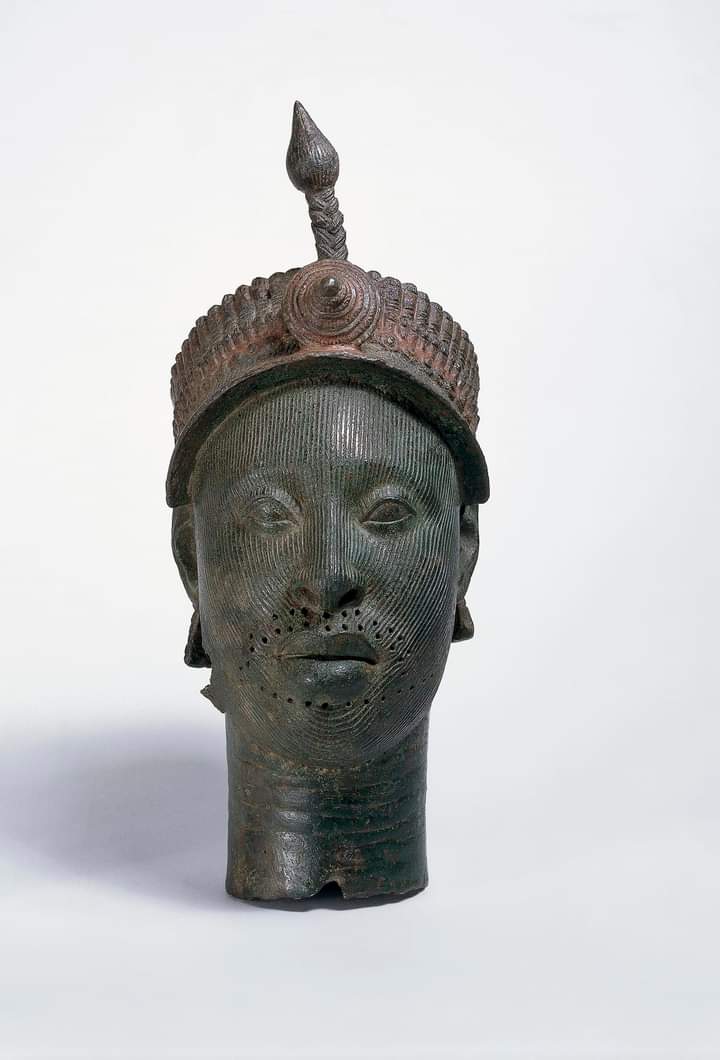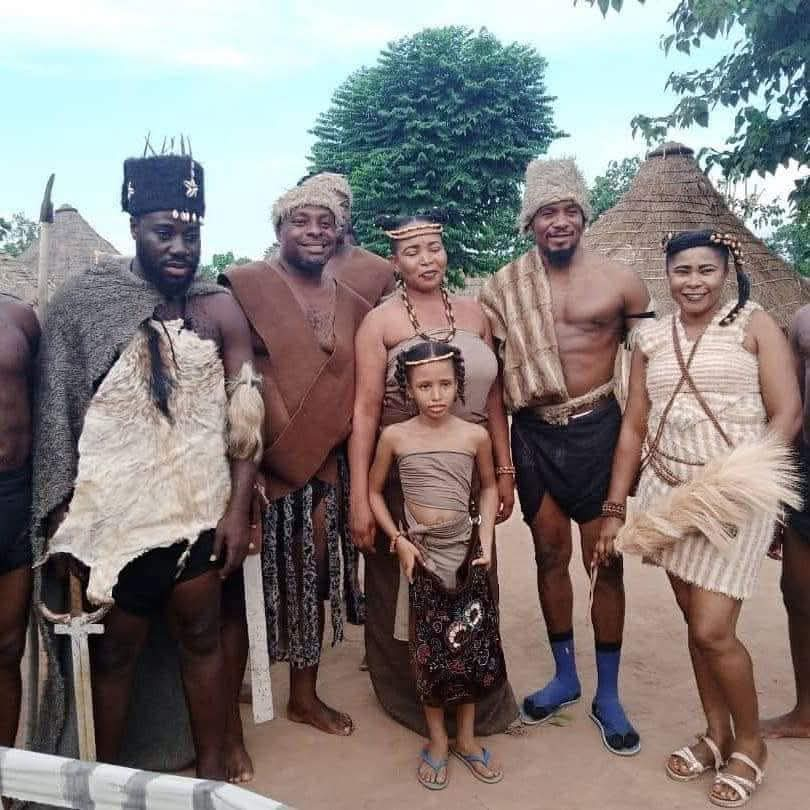5 Igbo-speaking countries aside from Nigeria
5 Igbo-speaking countries aside from Nigeria
The Igbo people, one of Nigeria’s most prominent ethnic groups, are well-known for their entrepreneurial spirit and rich cultural heritage. With a population of around 40 million in Nigeria, the Igbo language—part of the Benue-Congo branch of the Niger-Congo family—is predominantly spoken in Nigeria’s southeastern states, including Anambra, Enugu, Imo, Abia, and Ebonyi. However, the influence of Igbo culture and language extends beyond Nigeria, leaving a significant mark in several other countries worldwide.
In Barbados, traces of the Igbo language are embedded in the local culture. Known as “Bim,” the island’s nickname is derived from the Igbo phrase “bi mu,” meaning “my home.” This influence dates back to the transatlantic slave trade when enslaved Igbo people brought their language and traditions to the Caribbean. Today, Igbo words and customs remain woven into Barbadian identity, demonstrating the enduring impact of cultural exchange.
Cuba also retains elements of Igbo heritage through language and Afro-Cuban religious practices. The Abakua society, a male secret society in Afro-Cuban culture, incorporates Igbo linguistic elements. The descendants of enslaved Igbo people have preserved these traditions over generations, adding a rich layer to Cuba’s diverse cultural tapestry. Similarly, Jamaica’s cultural lexicon and traditions reflect a strong Igbo influence. Words like “unu,” meaning “you,” are common, showcasing the enduring legacy of the Igbo people in shaping Jamaican identity.
In Africa, Equatorial Guinea and Cameroon share direct ties to the Igbo people. In Equatorial Guinea, over 40,000 people speak Igbo, particularly on Bioko Island. This connection stems from the country’s proximity to southeastern Nigeria and centuries of migration and cultural exchange. In Cameroon, Igbo serves as a lingua franca in some areas, reflecting long-standing trade and social interactions between the two nations. The shared border and intertwined histories have facilitated the integration of Igbo culture into Cameroon’s western regions.
The spread of the Igbo language and culture highlights humanity’s interconnectedness and resilience. The Igbo diaspora, forged in hardship and history, continues to thrive, enriching the cultural landscapes of the countries it touches. As the Igbo proverb says, “A man who uses his tongue to count his teeth knows his strength”—a reminder of the enduring power of identity and heritage in shaping the world.




